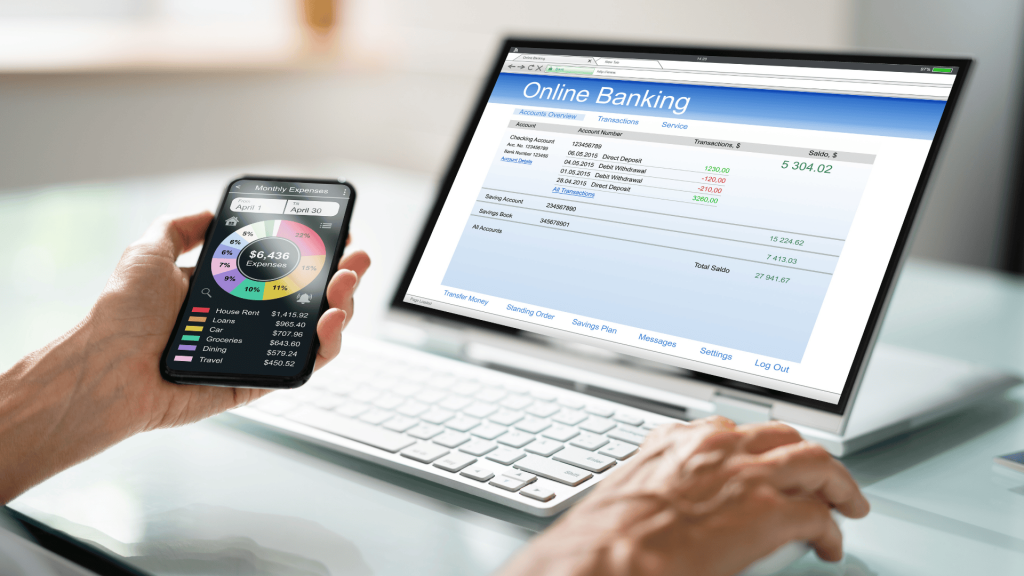Empowering Bold Projects for a Net-Zero Future
From climate innovation to sustainable market transformation, our projects turn vision into measurable impact. Explore how BusinessForZero drives change—one breakthrough at a time.
Project 1:

Green Innovation Catalyst
Empowering Climate-Tech Startups in Emerging Markets
Description:
Green Innovation Catalyst is an incubation and acceleration programme initiated by BusinessForZero to nurture climate-focused entrepreneurs in Africa and Southeast Asia. The project identifies high-potential early-stage startups working on innovative technologies such as direct air carbon capture, sustainable agriculture, bio-based packaging, and solar microgrids.
Through intensive mentorship, technical assistance, access to global investors, and policy exposure, the programme creates a launchpad for scalable green innovation in regions most vulnerable to climate change.
Key Activities:
Hosted 3 regional startup labs across Kenya, Ghana, and Vietnam
Matched 15 startups with climate investors and venture funds
Facilitated IP registration and patent applications for green solutions
Delivered 6 weeks of climate entrepreneurship bootcamps
Outcomes:
6 startups secured seed funding totalling $2.5M
3 patents filed for clean-tech innovations
80% of cohort founders reported increased capacity to scale sustainably
One startup entered the African Climate Venture Pipeline
Long-Term Goal:
To build an inclusive global innovation ecosystem that equips emerging economies to lead the green transition and contribute meaningfully to net-zero goals.
Project 2:

Net-Zero Market Tracker
Making Climate Data Work for Businesses
Description:
The Net-Zero Market Tracker is a digital tool developed by BusinessForZero to monitor, analyse, and visualise the climate performance of companies across multiple industries. The platform helps businesses track their progress toward net-zero emissions by offering real-time data on Scope 1, 2, and 3 emissions, ESG disclosures, sustainability certifications, and transition risk indicators.
Designed for use by sustainability teams, investors, and analysts, the platform closes the gap between intention and execution by turning complex emissions data into actionable insights.
Key Activities:
Aggregated open-source emissions data from 1,000+ companies globally
Partnered with ESG analytics firms for data validation
Developed interactive dashboards and risk heatmaps
Trained 50+ corporate sustainability managers to use the tool
Outcomes:
Improved ESG reporting accuracy by 42% for participating firms
Used by 12 major corporations to inform internal carbon pricing models
Helped 3 publicly traded companies meet new EU CSRD compliance standards
Cited in two investor climate risk briefings
Long-Term Goal:
To democratise access to climate data and make emissions tracking an integral part of decision-making for every company, regardless of size or sector.
Project 3:

Policy Shift Lab
Designing Bold, Evidence-Based Climate Policy
Description:
Policy Shift Lab is a pioneering initiative that combines research, stakeholder collaboration, and policy prototyping to advance sustainable policy reforms. Launched by BusinessForZero, the Lab works closely with city councils, local governments, civil society, and businesses to design climate legislation that is grounded in real-world challenges and economic opportunity.
Through public consultations, rapid prototyping, and systems mapping, Policy Shift Lab helps decision-makers co-create transformative regulations on issues like clean mobility, sustainable procurement, and circular economy adoption.
Key Activities:
Conducted 9 roundtable sessions in 3 pilot cities (Manchester, Nairobi, and Recife)
Released white papers on circular procurement and climate finance incentives
Engaged 120+ stakeholders, including SMEs, policy experts, and activists
Supported the design of a municipal Clean Energy Investment Framework
Outcomes:
Three pilot cities introduced new policies to support solar installation and e-mobility adoption
Two regional governments adopted climate-smart public procurement frameworks
Resulted in the inclusion of environmental equity clauses in new urban development plans
One policy brief submitted to COP as part of subnational climate diplomacy
Long-Term Goal:
To shift climate policy from reactive to proactive—building governance models that support equitable, long-term sustainability and climate resilience at every level.